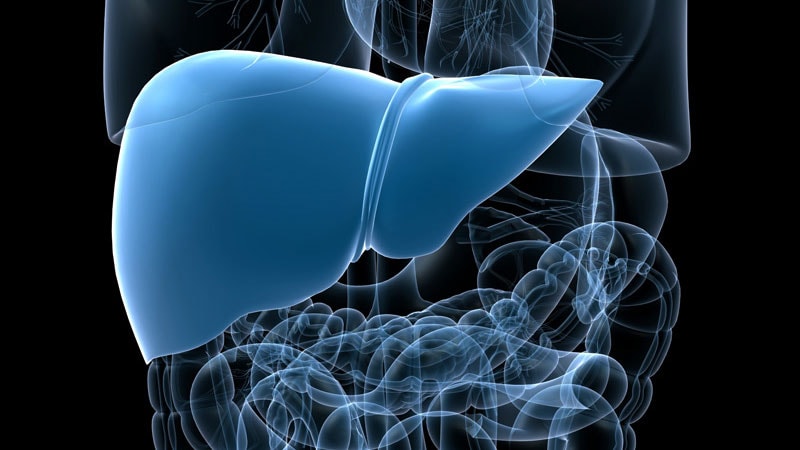New Guidelines for ALF Treatment and Transplant Referral
The latest guidelines from the American College of Gastroenterology stress the importance of early treatment and timely referral to a transplant center for patients with Acute Liver Failure (ALF). Lead author Alexandra Shingina, MD, MSc, highlights the need for general gastroenterologists to have updated guidelines for the comprehensive evaluation and management of ALF patients. The guidelines differentiate ALF from other liver conditions and provide recommendations for early diagnosis, treatment, and liver transplantation. Notable recommendations include the use of CRRT in patients with ALF and grade 2 encephalopathy, as well as the consideration of living donor liver transplantation in certain cases.
Key Highlights:
- ALF is a severe and potentially reversible condition that requires early recognition and treatment.
- The guidelines emphasize the importance of distinguishing ALF from other liver diseases for appropriate management.
- Recommendations cover various aspects of ALF management, including diagnosis, treatment, and liver transplantation.
- Early use of CRRT and intravenous N-acetylcysteine is recommended in specific cases of ALF.
- Timely referral to a transplant center and risk stratification are crucial for improved outcomes in ALF patients.
Customize Summary
Rewrite with AI
Generate Citations
Translate Source
To Another Language
Generate MindMap
from source content
Visit Source
www.medscape.com
New Guide for ALF Urges Early Treatment, Transplant Referral
Key Insights Distilled From
by Liam Davenpo... at www.medscape.com 07-14-2023
https://www.medscape.com/viewarticle/994384
Deeper Inquiries
